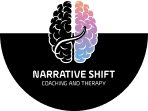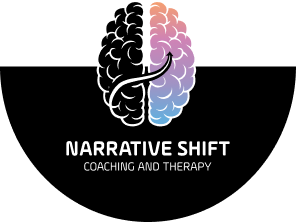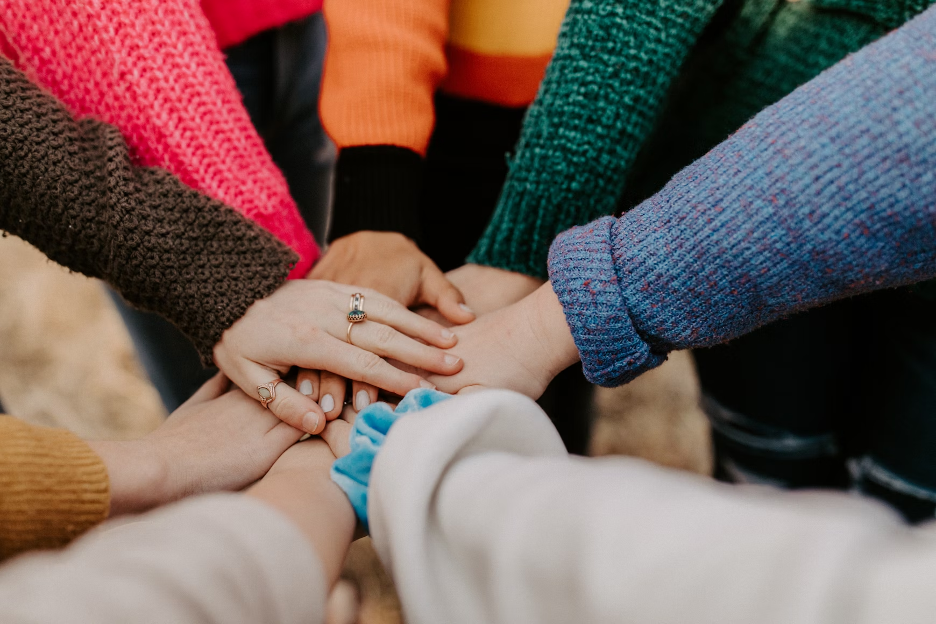The Power of Community: How Collaborative Learning Transforms Executive Function Skills
Imagine walking into a room where everyone understands your challenges. Where sharing your struggles with executive function doesn’t lead to judgment, but to nodding heads and supportive smiles. This is the transformative environment that collaborative learning creates for neurodivergent individuals.
Understanding the Neurodivergent Learning Experience
Traditional learning environments often operate on assumptions that don’t align with neurodivergent cognition. The expectation to process information in a specific way, maintain attention for predetermined periods, or interact according to unspoken social rules can create barriers to learning. Collaborative learning environments, when thoughtfully designed, can address these challenges by creating flexible, responsive spaces that accommodate diverse cognitive styles.
The Neurological Basis for Collaborative Learning
The neurodivergent brain often excels at pattern recognition, creative problem-solving, and making unique connections—strengths that thrive in collaborative settings. When we bring multiple neurodivergent perspectives together, several important processes occur:
1. Neural Synchronization:
Research suggests that when people engage in cooperative activities, their brains begin to display synchronized patterns of activity, creating a shared cognitive space that supports learning.
2. Reduced Cognitive Load:
In supportive group settings, the brain can allocate fewer resources to managing social anxiety or masking behaviors, freeing up cognitive capacity for learning and problem-solving.
3. Enhanced Motivation Circuits:
Positive social interactions activate the brain’s reward systems, making learning more engaging and memorable.
The Architecture of Effective Collaborative Learning
At Narrative Shift Coaching and Therapy, we’ve developed a framework for collaborative learning that addresses the specific needs of neurodivergent individuals while leveraging their unique strengths.
Structure with Flexibility:
Each collaborative session follows a consistent structure that participants can anticipate, reducing anxiety while still allowing for organic interaction:
Opening Circle:
Participants share current challenges and recent victories in a structured format that makes participation predictable and comfortable.
Skill-Building Component:
Interactive learning around a specific executive function skill, with multiple modalities (visual, auditory, kinesthetic) to accommodate different learning styles.
Practical Application:
Hands-on activities that allow participants to apply new concepts with real-time support.
Closing Reflection:
Guided process to consolidate learning and set intentions for practice between sessions.
Creating Psychological Safety
For collaborative learning to be effective, participants need to feel safe enough to be authentic and vulnerable. We achieve this through:
- Explicit social guidelines that remove the burden of navigating unspoken rules
- Structured sharing formats that make participation accessible
- Recognition and celebration of neurodivergent perspectives
- Facilitator modeling that normalizes mistakes and learning processes
The Peer Learning Advantage
When neurodivergent individuals learn from each other, several unique benefits emerge:
- Authentic Problem-Solving Models: Seeing how peers with similar challenges develop solutions provides relevant, applicable strategies that often work better than neurotypical approaches
- Expanded Strategy Repertoire: Exposure to multiple approaches helps participants build a more comprehensive toolkit for managing executive function challenges
- Reduced Shame and Isolation: Recognizing shared experiences helps participants understand their challenges as differences rather than personal failings
Core Skills Developed Through Collaborative Learning
1. Metacognitive Awareness
In group settings, participants gain deeper insight into their own thinking processes by:
-
- Articulating their approaches to others
- Recognizing patterns through peer sharing
- Receiving direct feedback on strategies
This enhanced self-awareness becomes the foundation for more intentional executive function management.
2. Adaptive Strategy Implementation
Group learning accelerates the process of finding effective strategies through:
-
- Exposure to multiple approaches for the same challenge
- Real-time troubleshooting with peer and facilitator input
- Opportunity to observe strategy implementation in action
This collaborative environment helps participants develop more flexible, responsive approaches to executive function challenges.
3. Sustained Motivation and Accountability
The social component of group learning provides powerful motivation through:
-
- Peer accountability partnerships
- Celebration of incremental progress
- Community recognition of effort and growth
These social reinforcements help bridge the gap between intention and action that often challenges individuals with executive function differences.
The Progression of Growth in Collaborative Learning
Participants in our collaborative learning programs typically move through several phases of development:
Phase 1: Recognition and Belonging
Participants discover they’re not alone in their challenges and begin to build trust in the collaborative process. This foundational phase establishes the psychological safety necessary for deeper learning.
Phase 2: Exploration and Experimentation
With a secure base established, participants become more willing to try new strategies, share vulnerabilities, and learn from both successes and setbacks. The group provides a supportive laboratory for this experimental phase.
Phase 3: Integration and Personalization
As participants identify effective strategies, they begin to create personalized systems that work with their unique cognitive styles. The group provides feedback and refinement during this crucial adaptation process.
Phase 4: Mastery and Mentorship
Advanced participants begin to support newer members, solidifying their own learning through teaching while strengthening the community. This creates a sustainable learning ecosystem that benefits all participants.
Real-World Transformations
The Professional Finding Her Voice
Maya, a talented graphic designer with ADHD, joined our collaborative executive function workshop series feeling isolated in her workplace struggles. “In the first session, I nearly cried when another participant described the exact same time-blindness issues I’d been hiding for years,” she explains.
Over eight weeks, Maya not only developed more effective time management strategies but also gained the confidence to request accommodations at work. “Seeing how others advocated for themselves gave me a template to follow,” she shares. Today, Maya not only uses her collaborative learning tools daily but also mentors new group members.
The Parent Building New Systems
James, a parent with executive function challenges, joined a group focused on building family routines. “I was drowning in the complexity of managing a household while struggling with my own organization,” he recalls.
Through collaborative learning, James developed a visual system for family responsibilities that worked for both him and his children. “What made the difference was seeing other parents’ systems and being able to take pieces that worked for my specific situation,” he explains.
The Student Finding Academic Confidence
Zari, a college student with processing differences, participated in a collaborative study group for neurodivergent students. “Before the group, I thought I just wasn’t smart enough for college,” Zari admits.
Through peer collaboration, Zari discovered learning strategies specifically tailored to her visual processing strengths. “Seeing other students with similar challenges succeeding helped me believe I could do it too,” she says. Zari not only improved her academic performance but also developed friendships that provided ongoing support throughout her academic journey.
Your Invitation to Collaborative Growth
At Narrative Shift Coaching and Therapy, we believe that the journey of executive function development is both personal and communal. Our collaborative learning programs provide the structure, support, and community needed to transform challenges into strengths.
Whether you’re seeking better time management, emotional regulation, organization, or any other executive function skill, our collaborative approach can help you find strategies that truly work for your neurodivergent brain.
